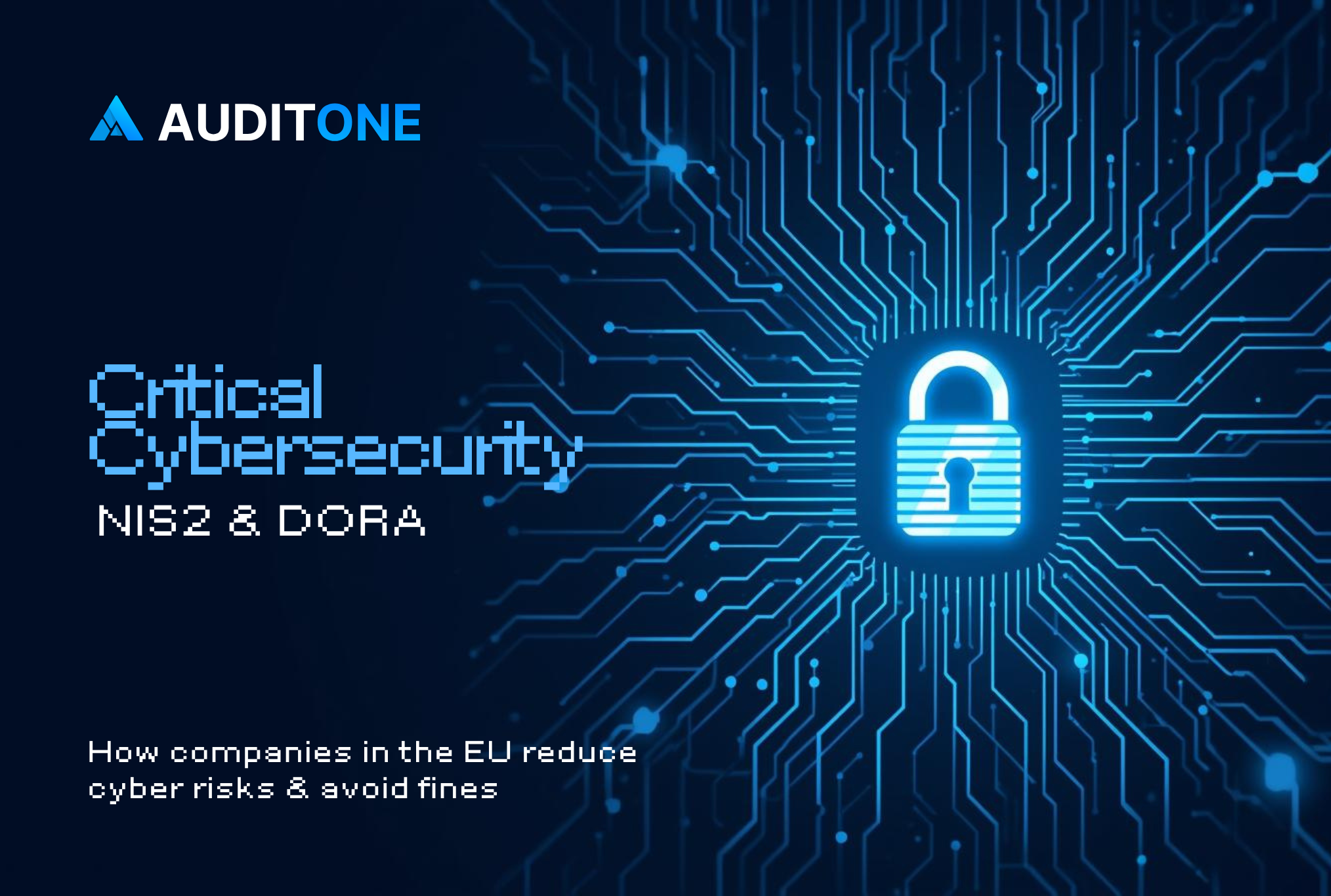GameFi, a fusion of gaming and decentralized finance (DeFi), has revolutionized the gaming industry by offering play-to-earn models where players can derive real-world value. However, the growing success of this model has come with an increased exposure to cybersecurity threats. As the GameFi ecosystem expands, robust security practices are critical in building user trust and platform integrity.
GameFi security challenges
The security challenges in GameFi stem from both traditional cybersecurity vulnerabilities and blockchain-specific risks. These challenges can be categorized into on-chain and off-chain threats.

On-chain threats
Smart Contract exploits
Smart contracts form the backbone of GameFi by managing in-game assets and processing transactions. Unfortunately, vulnerabilities such as reentrancy attacks, unsafe external calls, and access control weaknesses expose the system to various exploits. For example, in a reentrancy attack, a smart contract repeatedly calls itself to drain funds, while unsafe external calls can allow malicious contracts to hijack execution flow.
NFT exploits
NFTs (Non-Fungible Tokens) represent in-game assets, characters, or items, making them the first targets for hackers. Exploits in the minting and transfer logic of NFTs can lead to the creation of unauthorized or fake tokens, diluting the value of legitimate ones. Without secure coding practices, hackers can manipulate NFT ownership for personal gain.
Cross-chain attacks
As GameFi expands across different blockchains, the use of bridges to transfer assets introduces new vulnerabilities. Attackers can exploit weak points in these bridges to create false assets or drain funds. These attacks bypass traditional security measures, posing significant risks.
DAO Governance takeover
Many GameFi projects utilize Decentralised Autonomous Organizations (DAOs) for governance. If voting power becomes centralized, malicious actors can take control of the project’s governance, drain funds, alter game rules, or mismanage the ecosystem.
Off-chain threats
Server attacks
Despite its decentralized nature, GameFi relies on centralized game servers that are vulnerable to traditional penetration attacks. Once compromised, attackers can steal user accounts, alter game outcomes, or access sensitive data.
Front-end vulnerabilities
GameFi’s user interfaces and websites can leak sensitive information, such as wallet addresses or authentication tokens. These vulnerabilities expose users to phishing attacks or malicious transactions.
Metadata tampering
NFT metadata, such as descriptions and attributes, is often stored off-chain on centralized servers or IPFS (InterPlanetary File System). If these servers are compromised, attackers can manipulate NFT metadata, altering the perception and functionality of in-game assets.
Talking To A GameFi Project: "The New Elites Game: Security, Challenges, and Future Goals"
Best Practices for GameFi Security
GameFi projects must adopt best practices across three critical phases to mitigate these risks. Here is the checklist to overcome issues related to on-chain threats.
Smart Contracts
- Implement robust access controls to make sure that only authorized users can access key functions.
- Optimise gas usage and remove unused functions to reduce the likelihood of attacks.
- Regularly review code from parent contracts or imported libraries to avoid inherited vulnerabilities.
In-Game Assets and NFTs
- Protect asset integrity to make sure that game items and NFTs are unique and resistant to duplication.
- Secure trading platforms to prevent scams and unauthorized transfers of assets.
- Safeguard the minting and trading processes to prevent NFT manipulation.
Cross-Chain Bridges
- Ensure proper validation and tracking of asset transfers across blockchains to prevent duplication or loss.
- Conduct regular audits of cross-chain bridges to identify and address inconsistencies or vulnerabilities.
Player Data
- To protect personal information, comply with data privacy regulations such as GDPR(General Data Protection Regulation) and CCPA (California Consumer Privacy Act).
- Implement protection measures against DDoS attacks that can disrupt game servers and impact the player experience.
- Secure off-chain NFT metadata to prevent tampering and maintain the value of digital assets.
Ensuring Compliance
By 2024, 20 major countries are expected to establish specific regulatory frameworks for GameFi. Compliance with data privacy laws, transparency in security policies, and adherence to regulatory standards will be important for building trust in the industry.
Watch Next: Dark Mythos GameFi Case Study
Building Trust
GameFi projects can build long-term trust by:
- Providing transparency through regular Security Audits
- Educating users on best practices, such as safeguarding private keys and recognizing phishing scams.
- Offering bug bounties to encourage community involvement in identifying security vulnerabilities.
- Establishing coverage and compensation plans to cover losses in the event of a breach.
AuditOne, as a leading auditor aggregator platform, helps GameFi projects enhance user trust by providing top-tier audit services, bug bounty programs, and post-audit services. By leveraging our network of expert auditors and security solutions, your project can ensure a safer, more trustworthy user environment.
Watch More GameFi Case Studies:
Shi-Universe Smart Contracts Audit
The New Elites Smart Contract Security Audit
Smart Contract Security Audit for IOTA Heroes
Protecting your Web3 project is essential for growth and user trust. Start by using our free Smart Contract Security Checklist Tool to identify any potential vulnerabilities.
Book your Free Security Consultation:
Google Calendar: https://calendar.app.google/Ai15eyQhiV5c1pBXA
Telegram: https://t.me/m_ndr
.svg)

.avif)
.svg)
.svg)

.jpg)






